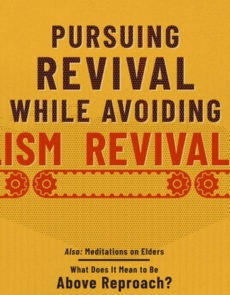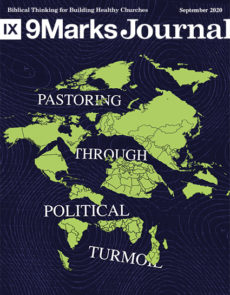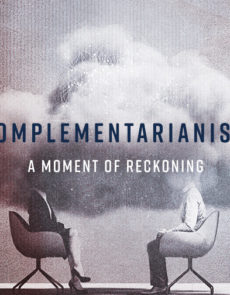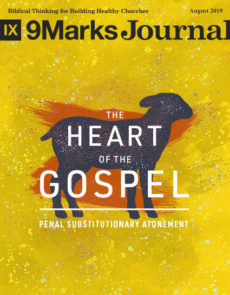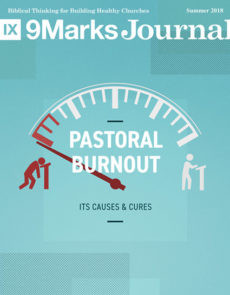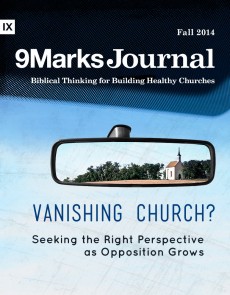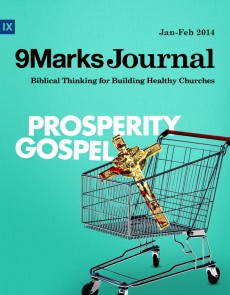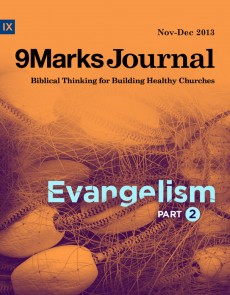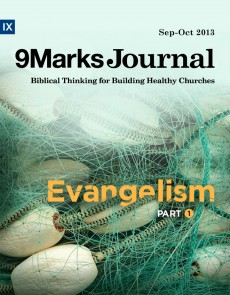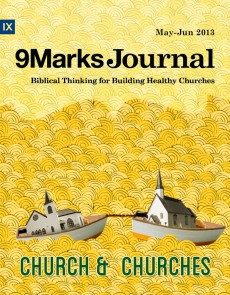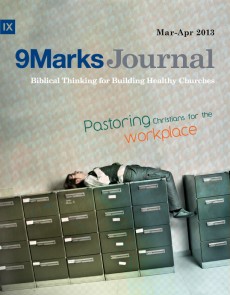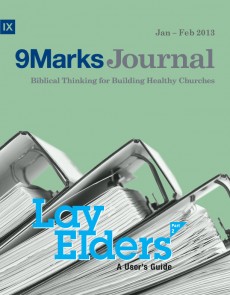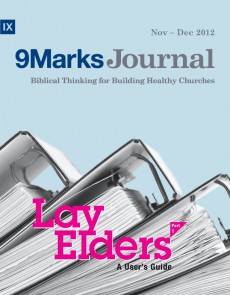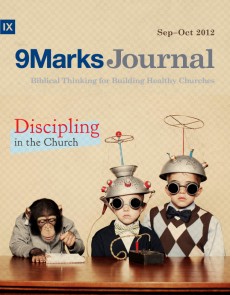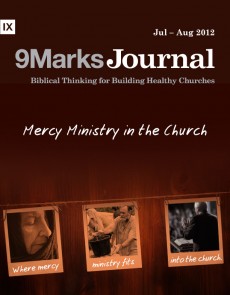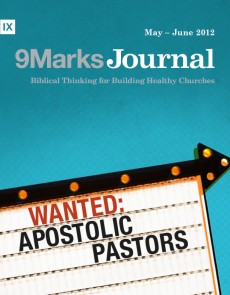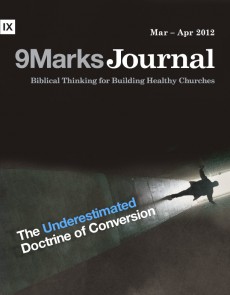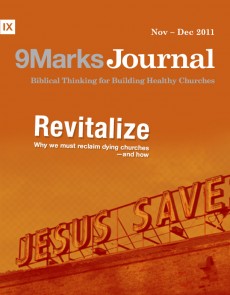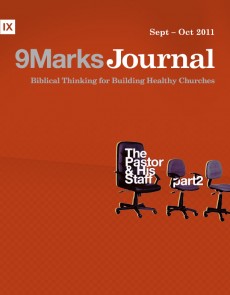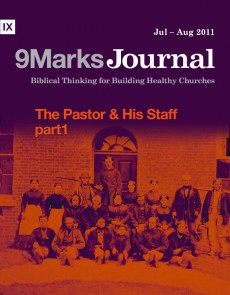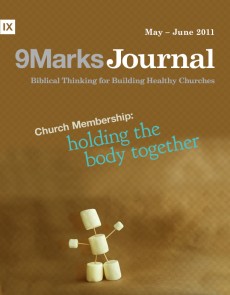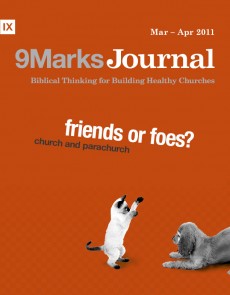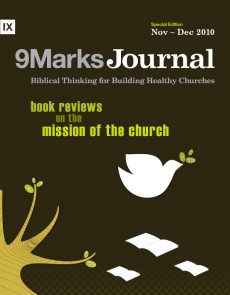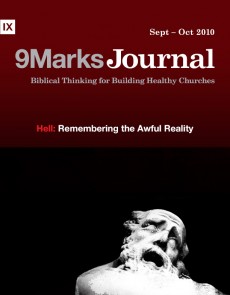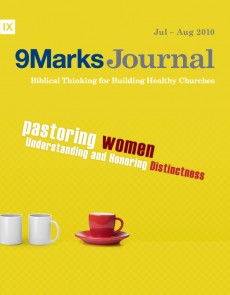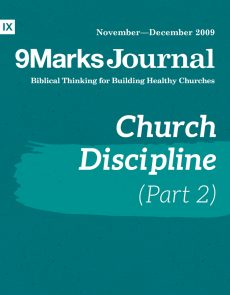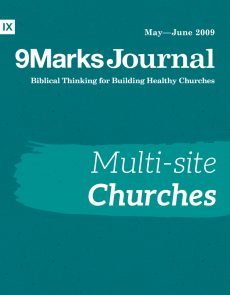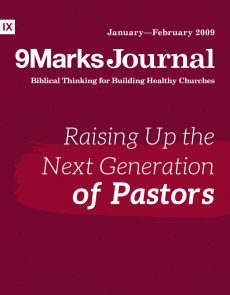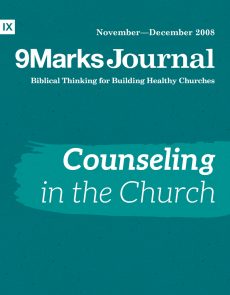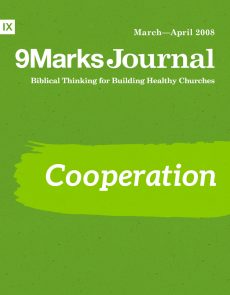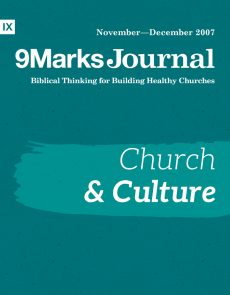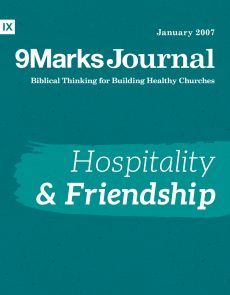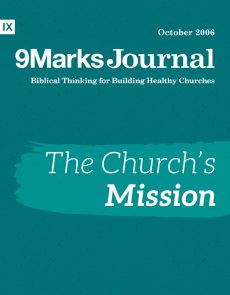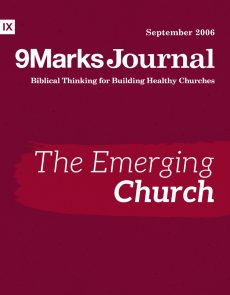Editor’s Note
For a complete Table of Contents for this Journal, click here.
*****
Mark Dever recently began a sermon on the topic of missions with this illustration:
There once was a delicious drink with powerful positive side effects. Everyone that drank it loved it. It not only tasted good, it was healthy, too!
The business consultants saw marvelous possibilities. This drink could go everywhere! So they convinced the man who created the drink to leave business expansion plans in their hands.
Within weeks, bottles of the drink began appearing in vast numbers, first in nearby cities, then all around the country. A vast ad campaign joined the rumors spread by the few people who drank the original product.
Yet as bottles were snapped up, opened, and drunk, people were underwhelmed. It was a good drink. But it wasn’t what they had heard from their friends, or seen advertised on the billboards. It was . . . another drink, like so many others on store shelves.
When the original owner heard people’s response, he couldn’t believe it. His product had never failed. How could this be? He went to a store where several shelves were lined with every size of bottle of his drink, opened one, and drank.
Then he understood.
In order to produce and sell his drink so quickly on such a vast scale, the consultants had changed and cheapened it. It was no his longer his original drink.
But now his opportunity to introduce the drink to the nation was lost. He had started with one problem—no one knew about the drink. Now he had a far worse problem—everyone knew about it. Or at least they thought they did! But what they had was a fake. Had the man’s opportunity been forever lost?
Mark concluded his parable with this lesson for missions:
There is no doubt that Jesus’ commission to take the Good News around the world has become more challenging by those who—in the name of reaching more numbers more quickly—have ended up substituting a watered-down product for the real one. They have succeeded in growing something quickly, but it is not entirely clear what that something is.
Zeal without knowledge hurts missions; it can even lead to damnation (see Rom. 10:1-3). Yet too often churches assume the sincerity of their efforts makes up for any deficiencies in their methods. The sense of urgency especially leads toward hasty, unhealthy, and foolish missions work.
What’s needed are healthy churches, and a vision for the crucial role of churches in doing the work of missions. In this 9Marks Journal, we start by addressing some of the problems in missions today, particularly with regard to the role of churches.
Then we ask the question, what exactly should churches do to engage wisely in missions? We try to answer that question in the second half.
So many topics we could have addressed in the Journal, but hopefully it offers a useful starting point to the conversation for pastors. Start, perhaps, with Aubrey Sequeira. It offers a useful picture of what can go wrong. Mack Stiles then offers the counterpoint: what does healthy church engagement look like.
And pray that God would use this Journal to help churches more faithfully fulfill the Great Commission, particularly to the ends of the earth.
Related Multimedia

On Local Churches and Sending Agencies (Missions Talk, Ep. 34)
By J. Mack Stiles, Ryan Robertson











